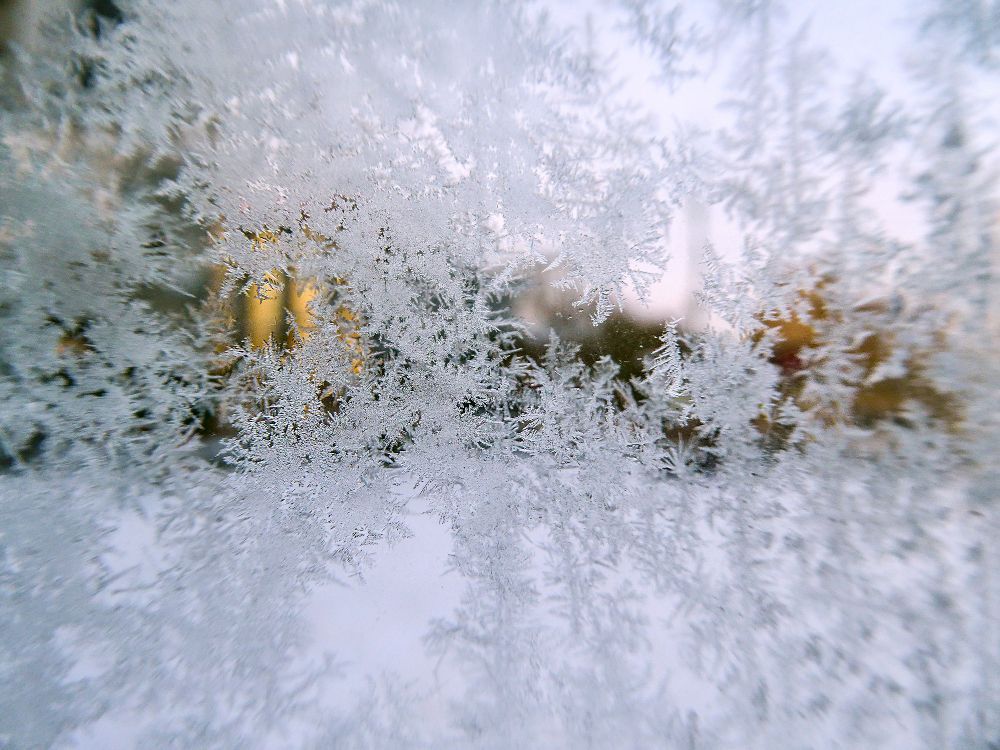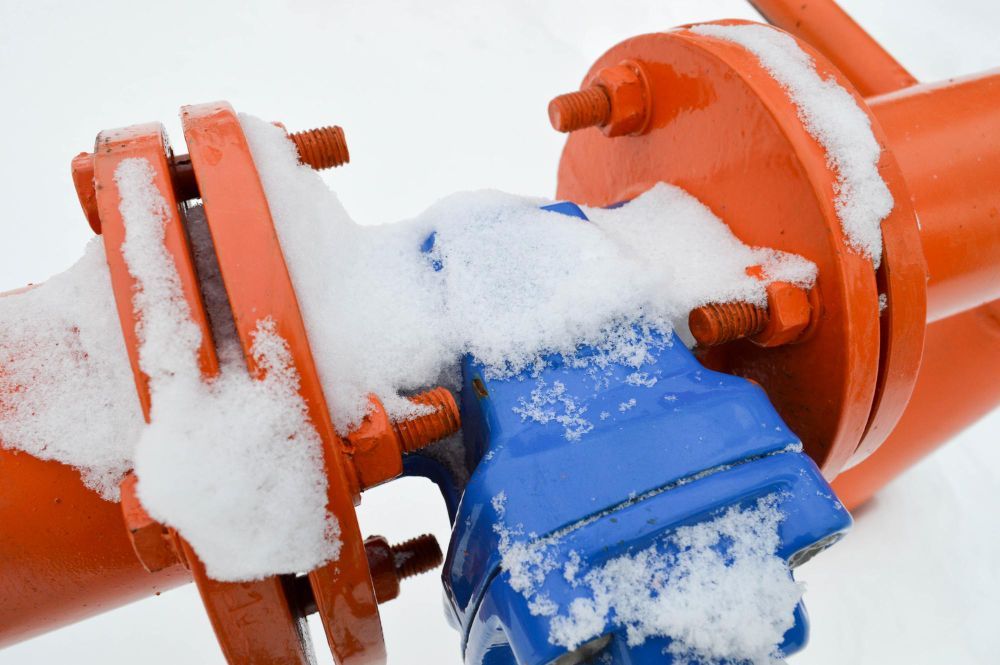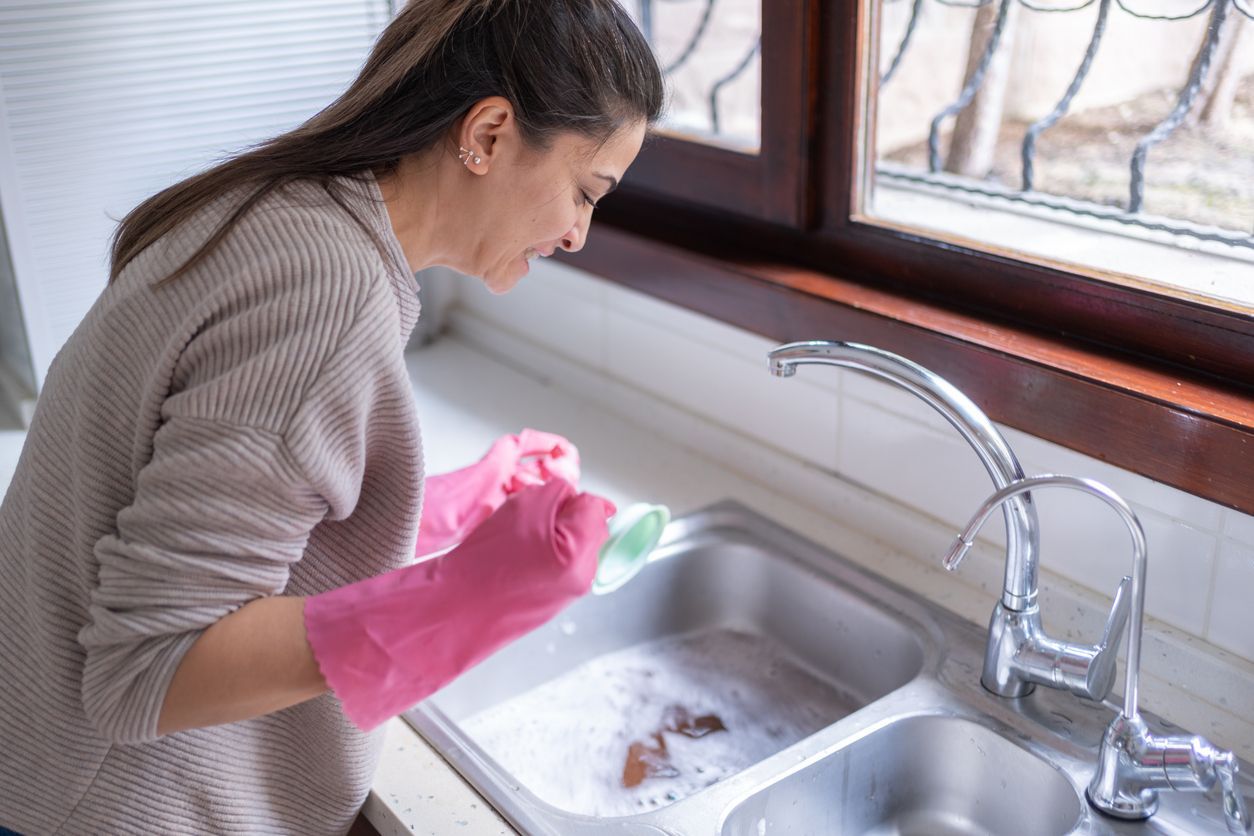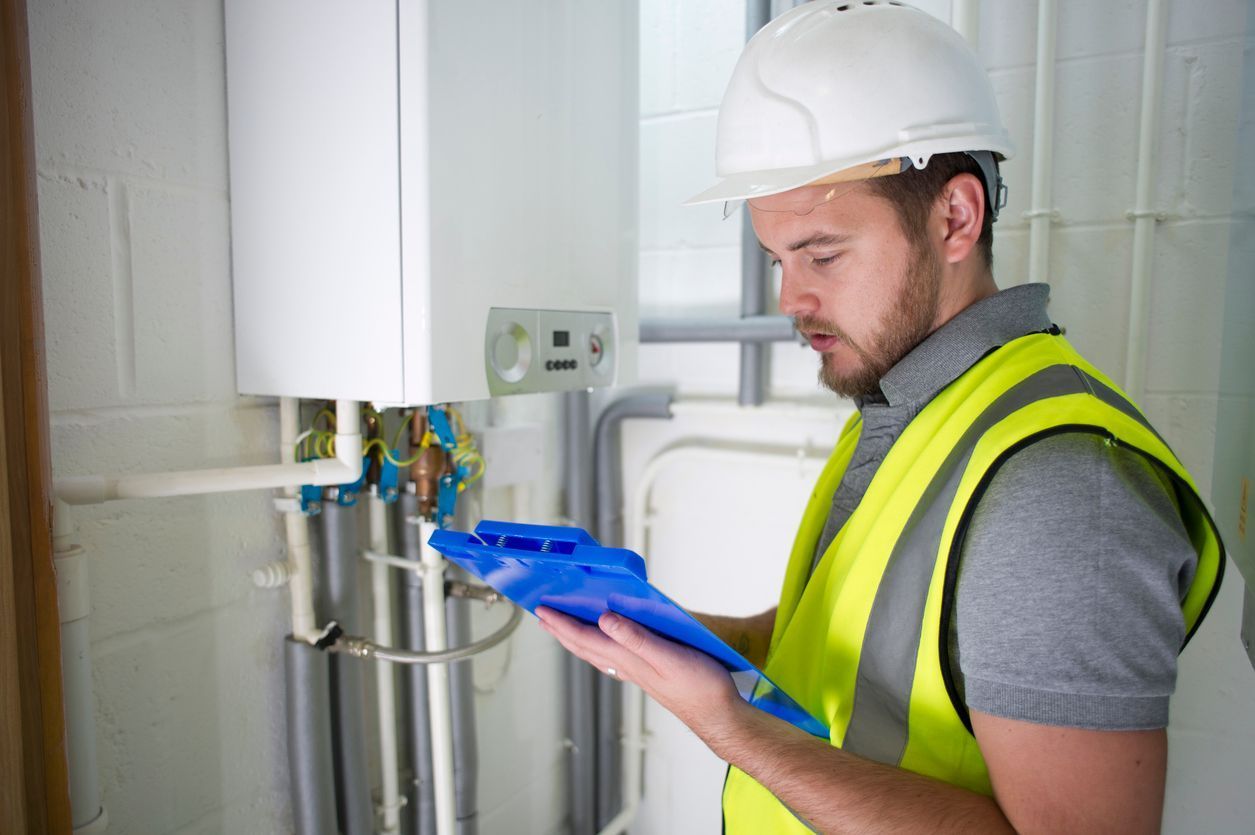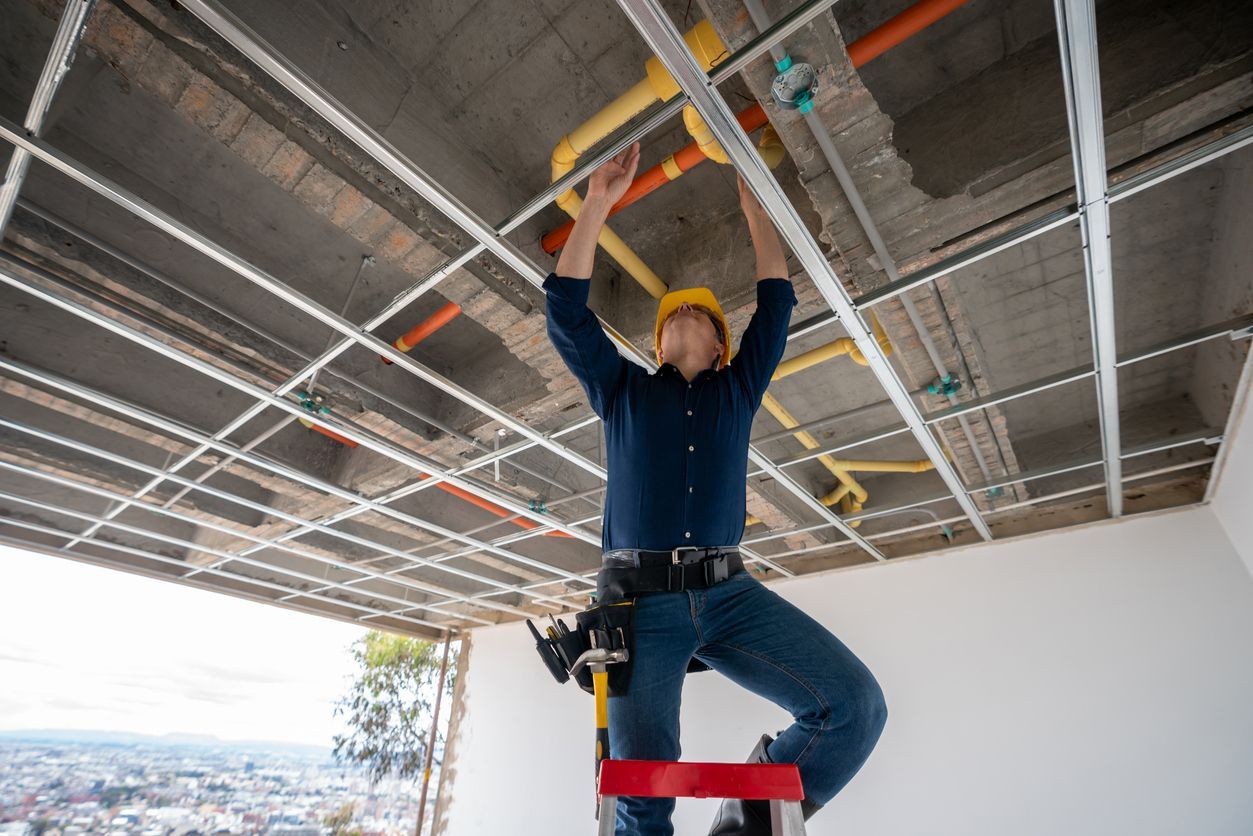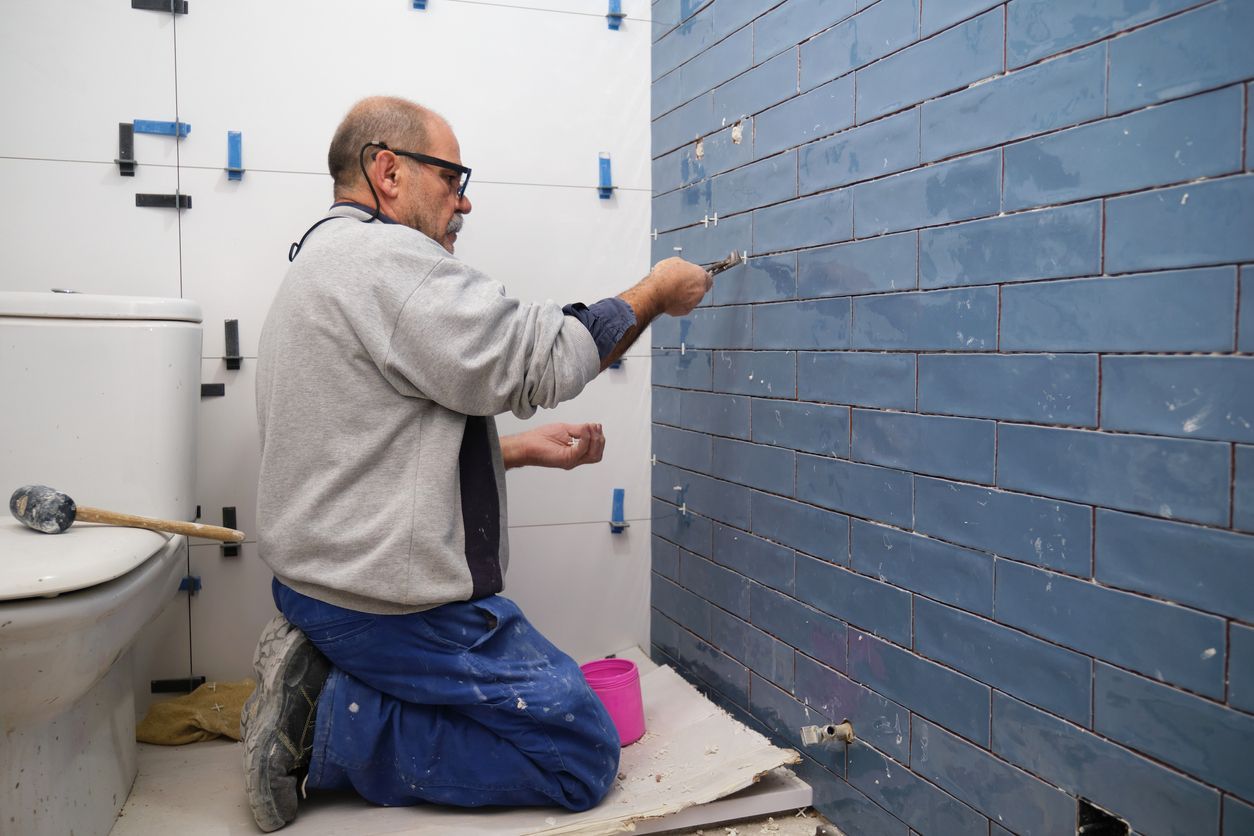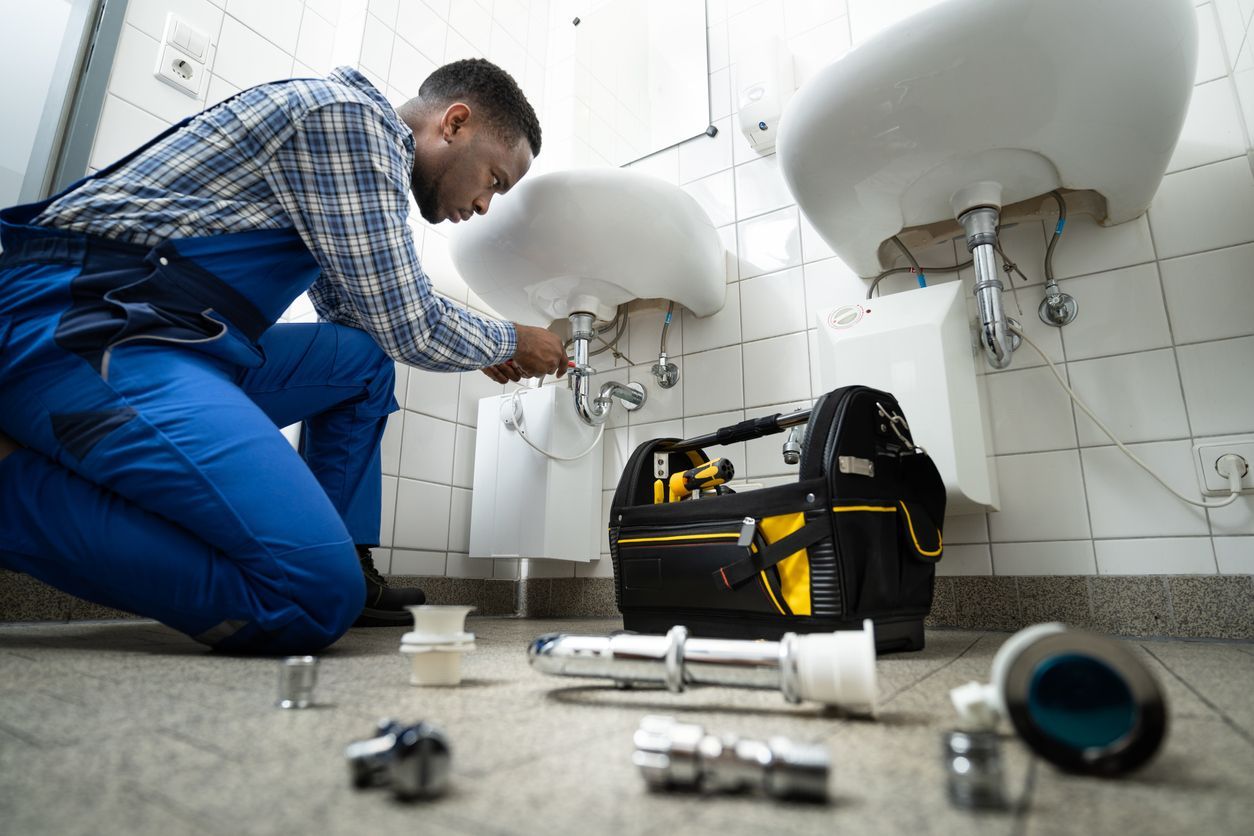6 Reasons Your Water Heater is Leaking
6 Reasons Your Water Heater is Leaking
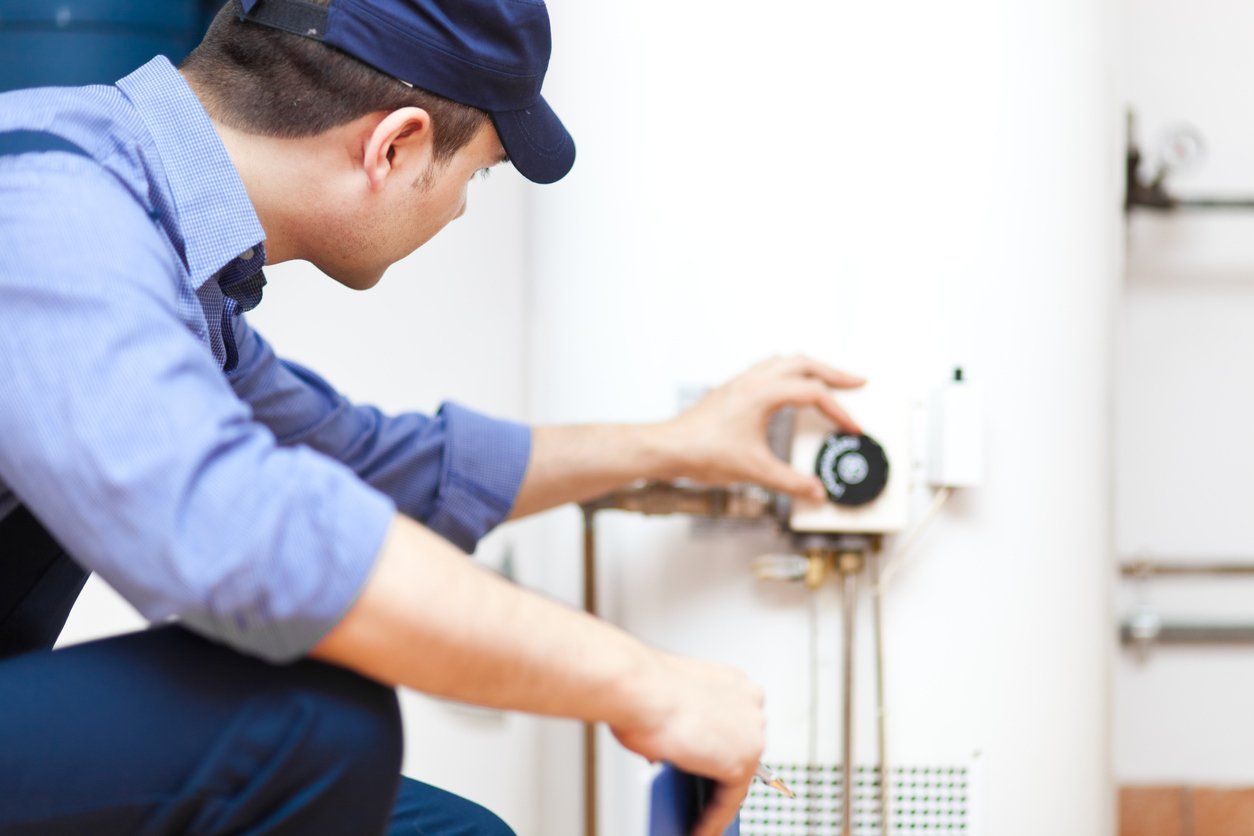
Sometimes, the signs are clear. Cracks, puddles of water, inconsistent water pressure and temperature. Other times, a leak can go unnoticed--an internal drip, condensation, or high water pressure. Below are 7 reasons why your water heater is leaking, and how to respond.
1) Temperature/ Pressure Release Valve
This is one of the most common issues that can occur. After long-term use, the valves can stop working properly, either incorrectly calculating temperature, or not maintaining the proper pressure and causing fluctuations in pressure and temperature. This can lead to leaks, but is an easy-enough problem to resolve.
2) High Pressure
When dealing with water heaters, you are also dealing with pressure. Hot water creates steam, which builds up inside the tank, and finds any weak spots that might be hidden from the naked eye. If the pressure is higher than recommended, 50-100 PSI, this can lead to slight weakness becoming larger issues, and cause sudden leaks. This issue can be fixed by making sure the valves are working properly, and keeping track of pressure levels.
3) Drain Valve
To empty the water heater, there is a drain valve at the bottom, where sediment collects and should be regularly cleaned. There are two possible ways to solve the problem: tighten the loose valve with a wrench, or replace the valve if it continues to leak.
4) Water Inlet/Outlet Connections
For the same reasons we've mentioned the valves, the water connection points can also be hot-spots for leaks. With cold water coming in, and hot water going out, these areas can be put under a lot of stress and use, which can lead to a loosening of connections, condensation, corrosion, and leaks. To prevent leaks, always pay attention to these points of connection, tighten when necessary, and replace if the connections are no longer water tight even when sealed properly.
5) Anode Rod
This rod is meant to prevent corrosion within the tank by drawing in corrosive materials to itself. This leads to the rod become corroded over time, and if not replaced, will result in leaks, guaranteed. Regular maintenance and preventative replacements will keep your water heater operating seamlessly.
6) Tank Corrosion
Whether it's due to pressure, condensation, internal leaks, or a mixture of various causes, once the bottom of the tank has been corroded, it doesn't really matter if you figure out why, it must be replaced.
If you're looking to fix a leak before it causes further damage to your tank, or you're taking preventative steps, contact us to get professional, timely assistance.
